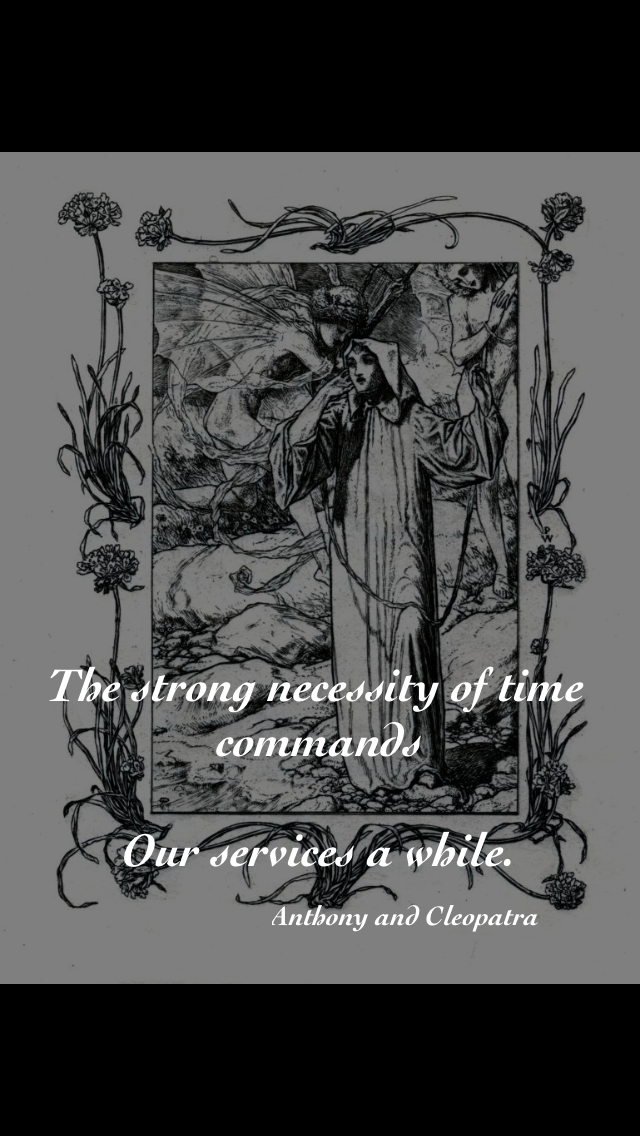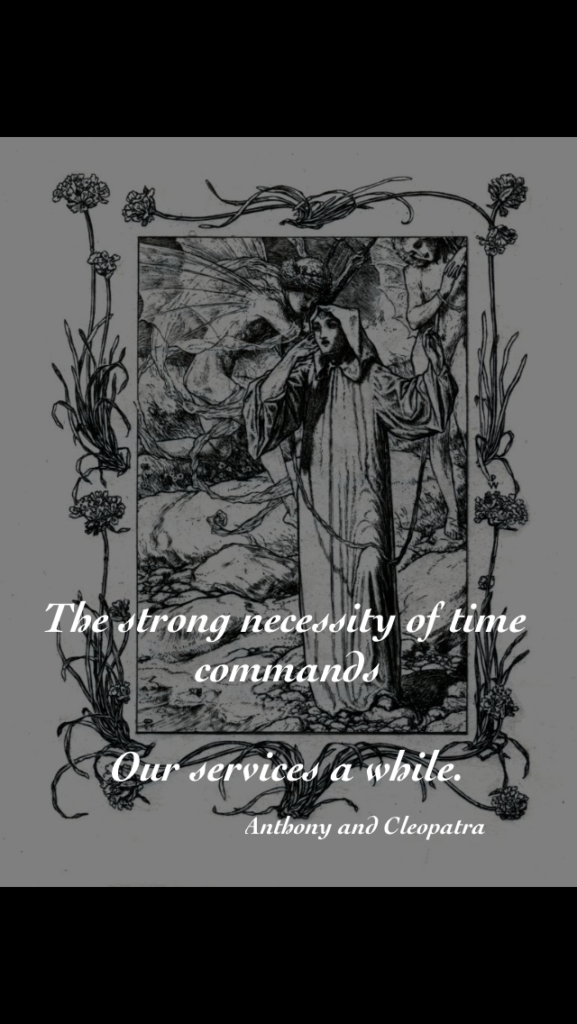Long-time contributor Alexi contributed to this story on Vox about Shakespeare Innuendoes You Should Have Been Embarrassed To Read in Class. I think it’s a funny article about what could easily be an immature topic.
Regular Shakespeare readers probably know most if not all of them already – C’s, U’s and T’s … Juliet falling on her back instead of her face, Hamlet and Ophelia’s groaning, etc…
There’s one in there that’s little more than Rosalind looking for 20 of Orlando’s “things” which I thought was a bit of a stretch.
And then there’s the usual bit about Juliet, dying, happy daggers and sheaths. I’m not sure if anybody noticed, but this week in the Shakespeare’s dictionary story? There was an example given where the original owner had marked “scabbard/sheath” and written “vagina” next to it, almost confirming exactly what Juliet really meant. Honestly when I saw that I thought it fell into the “now I know it’s fake, that’s too obvious to be true” camp.
The bit about dying is interesting. There’s the connection between “little death” and orgasm. Fine. But the way I was taught, it was called that because it had to do with spilling one’s life seed. Therefore it was something that only men had to worry about. Therefore if you catch a woman in a Shakespeare play talking about dying, she is definitely not talking about orgasm. Thoughts, one way or the other?
UPDATE : Joe S on Twitter called me out on this, citing multiple examples of “die” used to reference female orgasm, in Shakespeare and before. But my googling continued to suggest that up to the Victorian Era it was the assumption (myth?) that there was no such thing, and that it was not “proven” until the 1950’s.
Enter Bardfilm and his academic access to the OED, where we found multiple examples of Shakespeare’s usage, such as this exchange from Much Ado About Nothing:
CLAUDIO
Nay, but I know who loves him.
DON PEDRO
That would I know too: I warrant, one that knows him not.
CLAUDIO
Yes, and his ill conditions; and, in despite of
all, dies for him.
DON PEDRO
She shall be buried with her face upwards.
Now if we assume that the “bury her face upwards” line is a sex joke – and it’s almost a carbon copy of the Nurse’s joke to Juliet, so I think we can – then that puts the whole exchange in a bawdy light. In that context it seems almost certainly a sexual / orgasm reference.
And that’s only one of many references. In fact, the OED cites that example first. I still think it’s interesting that it only ever talks about orgasm and never differentiates male/female, even though the two are pretty different.
But, still. Today I Learned!
Shakespeare saves lives. Find out how.


